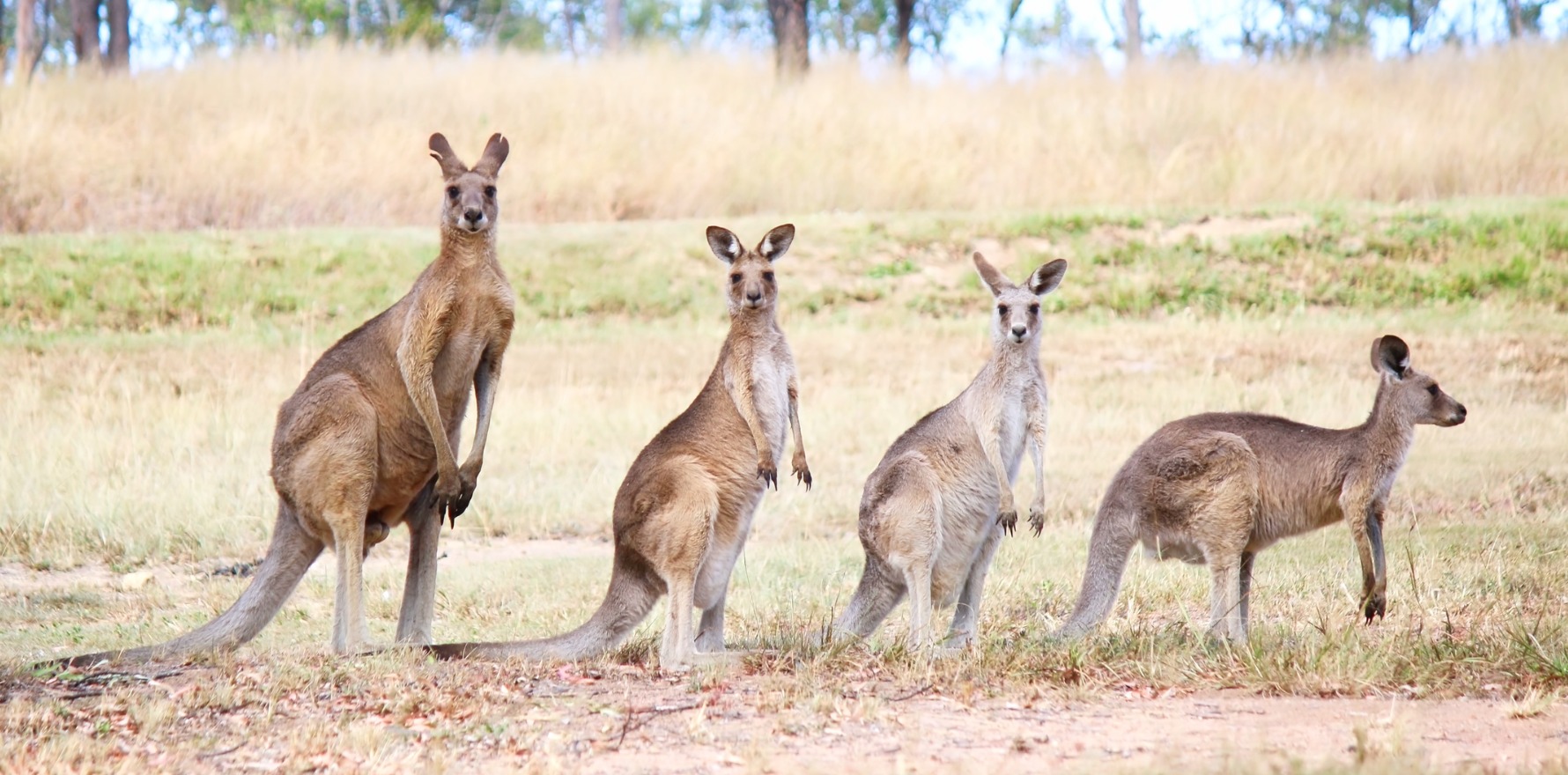Meanwhile, the RACGP anticipates red tape to be one of the biggest challenges to the profession moving forward.
What the future of general practice looks like is anyone’s guess – crystal balls don’t yet have a strong evidence base – but the RACGP and the Medical Deans Association of Australia and New Zealand have had a stab.
In a communique released today, the MDANZ discussed the results from this year’s medical school outcomes report from May.
One of the main findings from that data was that general practice is back at the top of the preferred specialties list – but only if it is combined with the numbers for rural generalism.
A new insight, though, came through linking the outcomes data to registration data.
“The linkage by Medical Deans of these data with the medical registration data also revealed the slow but sustained dispersion of our graduates away from capital cities, that those choosing to be a GP tend often stated that as a preference at graduation; this is not always the case for other disciplines indicating the strong influence of the postgraduate years,” the communique said.
The deans’ association also committed to a new interface for its dashboard, which features linked graduate data going back to 2009.
According to the dashboard, for instance, doctors who prefer general practice or rural generalist training are more likely to come from a rural background, be rural club members and undertake rural placements than their peers.
Looking at all medical students with a rural background – around one quarter of the 2023 cohort – one in five said their preferred specialty was rural generalist and 12% chose GP.
Interestingly, more than half of the rural origin students said they were not part of a rural club; the most popular specialty among this subset (rural origin, not in a rural club) was anaesthesia.
Another dashboard section links graduate survey data with AHPRA data to show preferred graduate specialties against subsequent registered medical specialty.
Comparing the intentions from the class of 2009 – the earliest cohort for which data is available – to their subsequent registered medical specialty as at 2023 – the most recent year for which data is available – reveals that a far higher proportion ended up going into general practice.
While just 12% of graduates in 2009 listed general practice as their preferred specialty, around 27% are now GPs.
Around one in five graduates from 2009 does not have a specialty listed, according to the dashboard.
Related
The RACGP, meanwhile, has released a submission to the government’s long-term insights briefings project outlining what it sees as the biggest issues facing general practice into the future.
Administrative burden and red tape came out on top.
The requirement to be on hold for PBS authority scripts, onerous payroll tax rules and compliance letters all received a mention.
“GPs are increasingly burdened with administrative tasks that detract from their core role of providing medical care to their patients,” the college said.
“In recent years, particularly during and after the covid-19 pandemic, GPs have been required to keep up to date regarding streams of major policy changes.
“These have added to the administrative burden in general practice.
“These issues are compounded by a lack of remuneration for tasks completed in the patient’s absence, with Medicare Benefits Schedule (MBS) rebates not available for paperwork completed when the patient is not present.”





